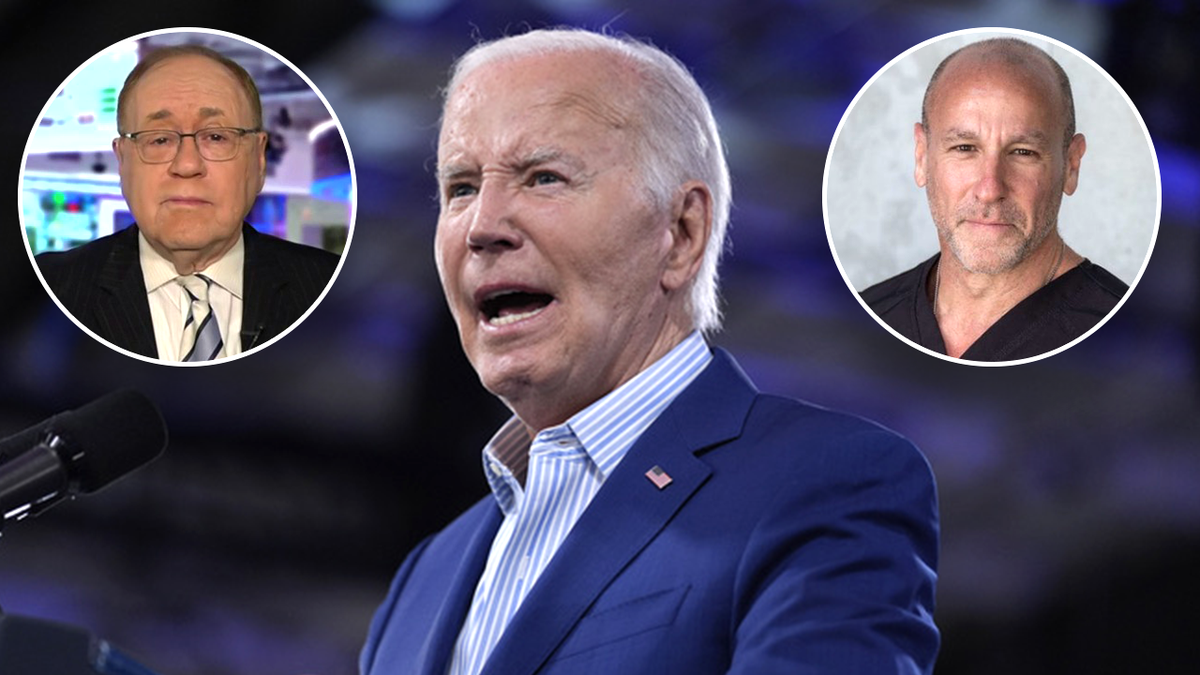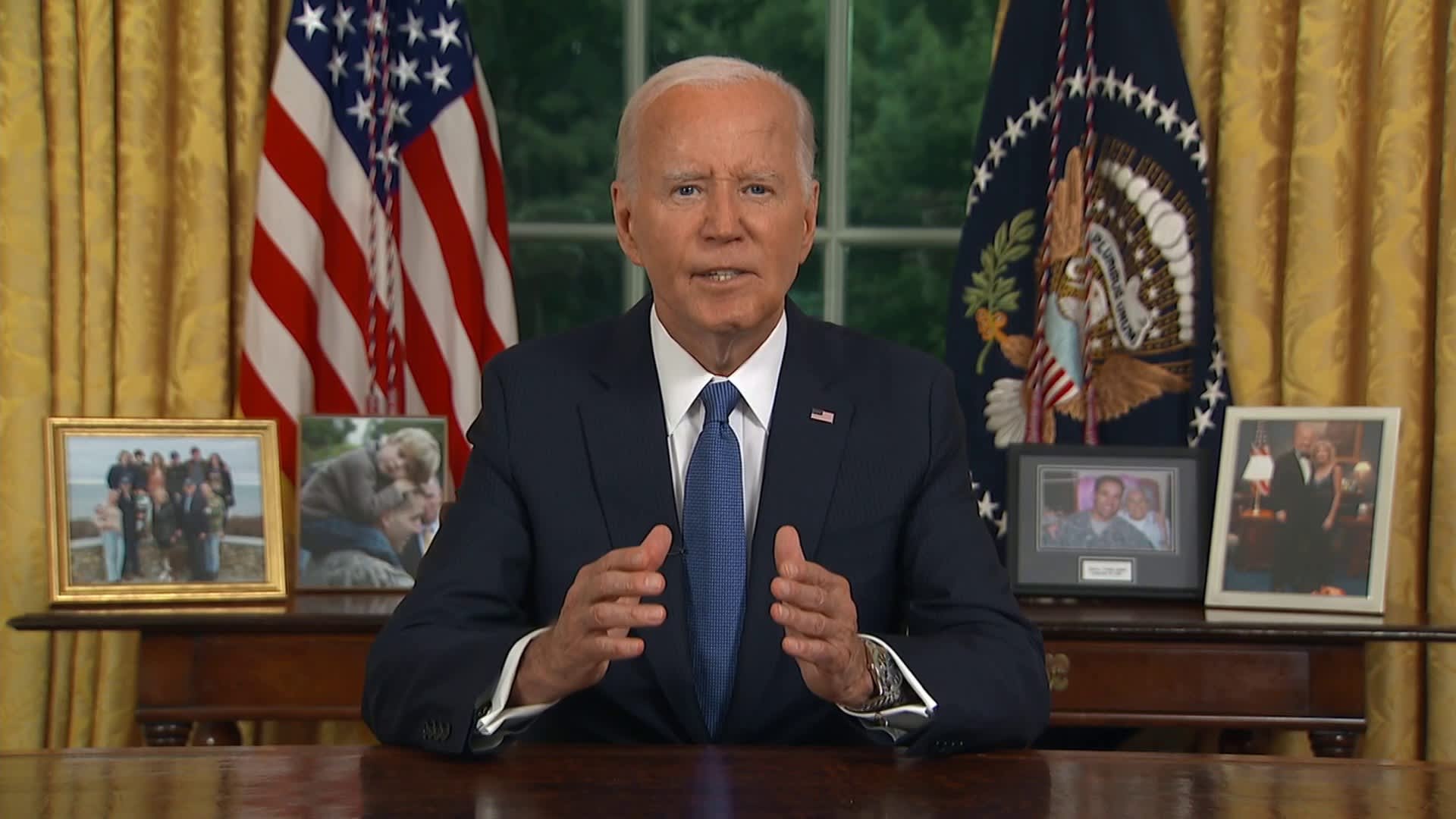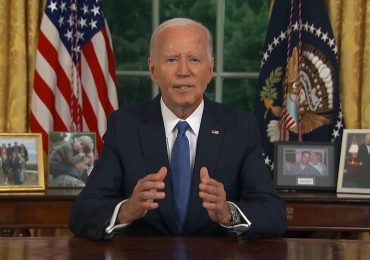
Representation of Ethereum, with its native cryptocurrency ether.
Dado Ruvic | Reuters
Several fund issuers submitted additional registration statements Monday afternoon, and exchanges have given notice that the funds will trade on Tuesday, indicating that the SEC has signed off on the funds.
The regulator did not immediately respond to CNBC’s request for comment on Monday. It approved rule changesSome of the companies that have been vying to launch ether funds include massive asset managers such as BlackRock, Fidelity and VanEck. Crypto-focused firms such as Bitwise, 21Shares and Grayscale — which is effectively converting its multibillion-dollar Ethereum Trust into two ETFs with different fee levels — are also jumping in.
The ether ETFs come about six months after the launch of bitcoin ETFs, which saw some of the most successful debuts in the industry’s history. Combined, the funds have attracted more than $16 billion of net inflows, led by the iShares Bitcoin Trust (IBIT), according to FactSet.
The ether funds are not expected to be as popular as the bitcoin funds, in part because the total market for ether is roughly one-fourth the size of the leading cryptocurrencies.
Still, the funds are expected to be large by the standards of most ETF launches. Bitwise Chief Investment Officer Matt Hougan has predicted the funds will attract $15 billion over their first year and a half on the market, with many investors holding both bitcoin and ether funds.
“If you think about an investor who doesn’t have a specific view — who just wants exposure to what blockchains can do — their starting point would be to have exposure to both bitcoin and eth,” Hougan said.
There are some funds on the market already that use ether futures contracts, but these new funds will be the first in the U.S. to buy and hold spot ether.












